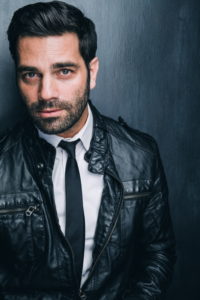 Artist: Ph4de
Artist: Ph4de
Socials: Twitter/Instagram/Facebook
Hometown: Jacksonville, TX
TrunkSpace: You began recording music when you were 13 years old. Would the 13-year-old Ph4de be surprised by how the rest of your musical journey has gone since you began it back in your bedroom?
PH4DE: Oh man. No question. In soooooooooo many ways too. I grew up super poor with very low expectations for life until I got a bit more matured. I would say my biggest aspirations at that age involved actually making my music sound good technically since I was my own engineer, producer, writer, etc.
TrunkSpace: You grew up in Jacksonville, TX. How did your surroundings help to shape you as an artist and sculpt your artistic point of view?
PH4DE: The city was a major deterrent from wanting to be like the average guy who lived there. Success doesn’t drive down the street and give you the motivation of what is actually possible to be achieved there. I have nothing but love and respect for the city of Jacksonville, but it doesn’t offer opportunity. I think THAT aspect of growing up in the city sculpted my artist influence to be darker and more of a harsh reality. I wasn’t born into dreams, I was born into nightmares.
TrunkSpace: It was recently announced that you were signing with InVogue Records. Do you feel like this is a new chapter in your musical journey and what do you hope comes out of the relationship with the label, not only for your music, but for you personally as well?
PH4DE: Definitely! InVogue offered a proposal that kept me in charge of all creative dynamics while investing in the brand and movement that the fans have helped me create! Network = Net Worth so I’m only hoping to strengthen my core team, and provide a better product for the fans.
TrunkSpace: You also have a new single out. While it’s called “Don’t Say Much,” we think it does say much (or a lot) about who you are as an artist. For those who are being introduced to you for the first time through that particular track, what do you think it tells them about your music, both now and in the future?
PH4DE: DSM is to let everyone know that we will earn our position at the top through the energy that we bring to the stage, studio and our content overall. As an introduction it’s perfectly true to what we represent – in terms of energy. I’m not a one-lane artist, and you will see plenty of other styles from me, BUT, the energy will always influence change.
content overall. As an introduction it’s perfectly true to what we represent – in terms of energy. I’m not a one-lane artist, and you will see plenty of other styles from me, BUT, the energy will always influence change.
TrunkSpace: Singles seem to be far more popular with artists than full albums these days. What are the benefits to releasing singles over a record, and do think this is a trend that will continue, particularly as technology continues to advance?
PH4DE: I definitely can see why artists have went towards singles. More than anyone, the up and coming artists. It’s hard to get one song heard, much less a collection of 12. Dropping an entire album over 12 weeks (as singles) is 1200 percent more beneficial to a struggling artist, as their fan base will get a fair listen to every song.
I still love albums. Can’t wait to start working on a debut.
TrunkSpace: Looking over the social media landscape, it seems like it takes more and more for an artist to stand out and be heard/noticed. What are the keys to finding success with your music, and does it change track to track with each single you release?
PH4DE: Social media isn’t producing near as many musical artists as it’s producing actors. It’s simply become the new casting call for industry plants. (Not in all cases, but it’s obvious when a viral personality magically starts doing music.) To me, it’s still about the music. Fuck the stunts, fuck the trolling.
TrunkSpace: What do you get writing and performing music that you can’t experience by being a listener alone? What keeps you writing and creating?
PH4DE: Challenge, competition, adversity. Hip-Hop, to me, is still about it’s core elements, and that is still what keeps me creating. When listening, music can give you the key to your destiny. When writing, you hold all keys.
TrunkSpace: Can you envision a day when music is not a part of your life?
PH4DE: Never.
TrunkSpace: Where are you hardest on yourself as an artist?
PH4DE: Lyrics. Period. You will always find metaphors, double entendres, similes, etc. in my music. I’m a lyricist and emcee first. The singing, melodies and beats are extra.


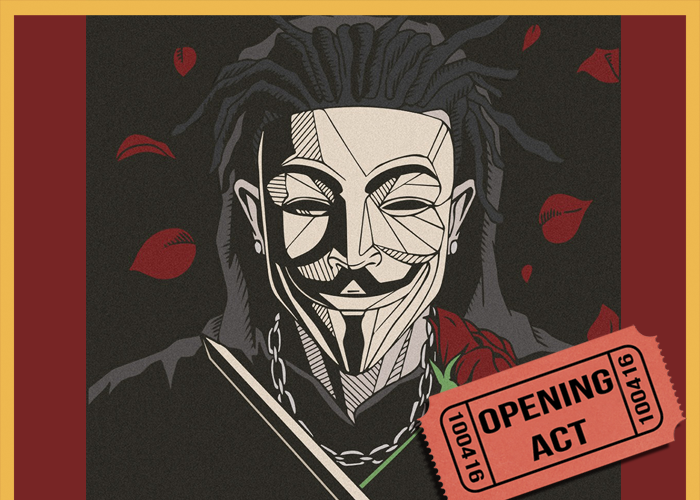
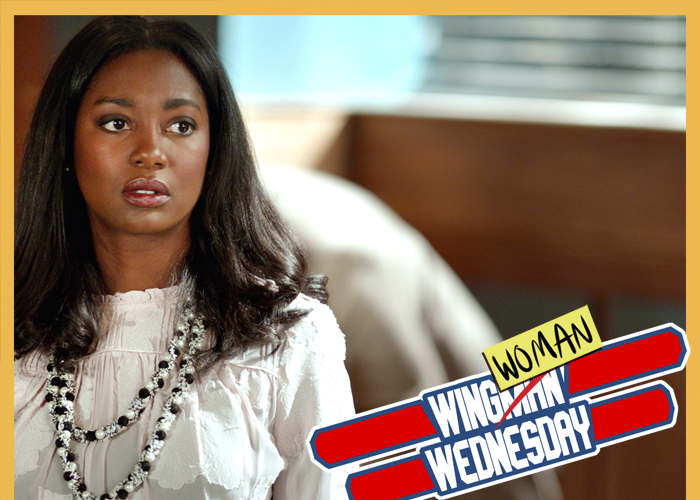
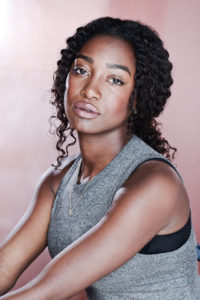
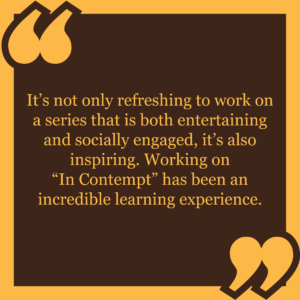 she is beyond what was presented to you?
she is beyond what was presented to you?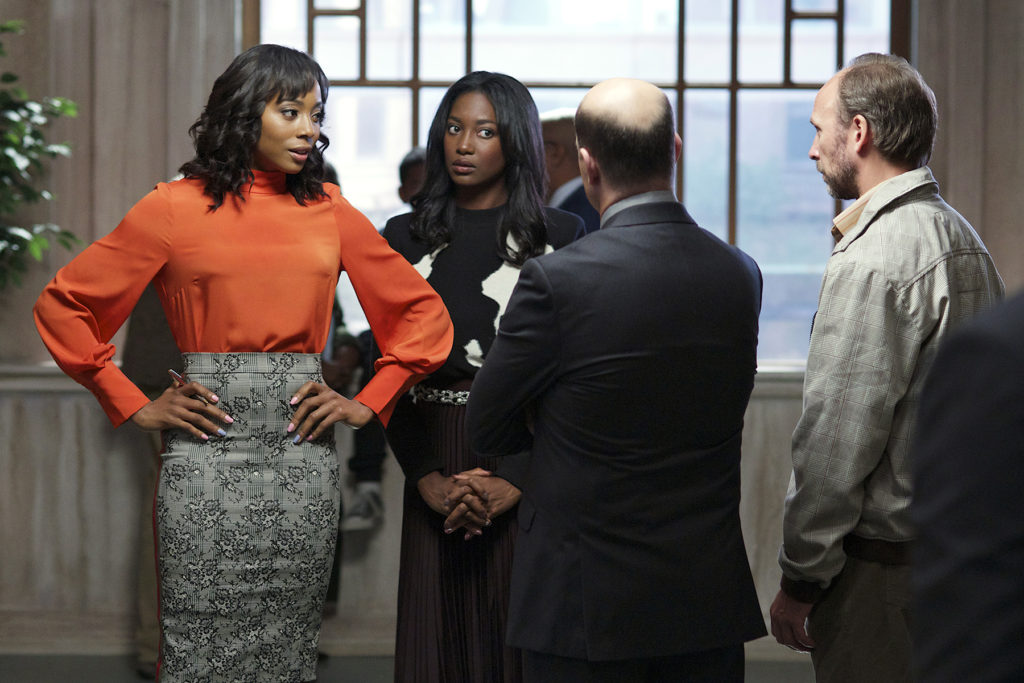
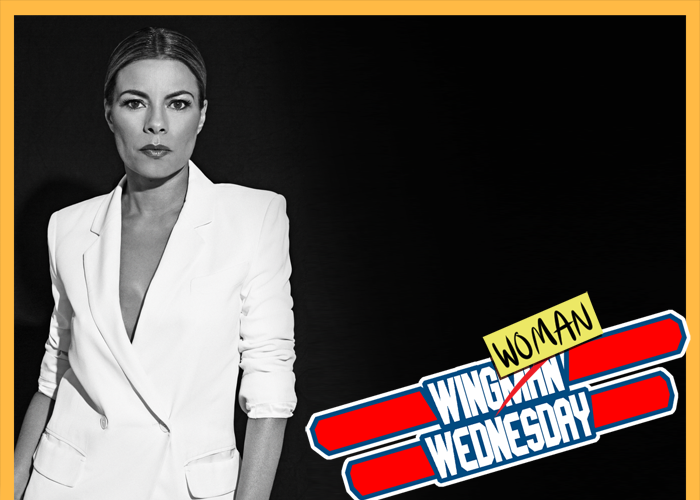
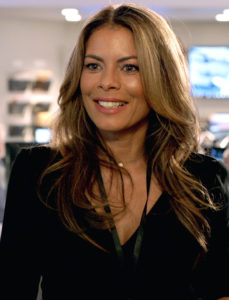
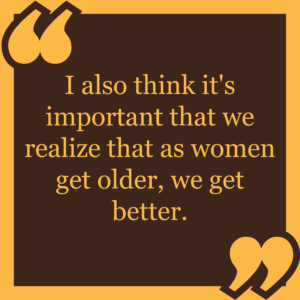 where you played somebody that was really interesting?
where you played somebody that was really interesting?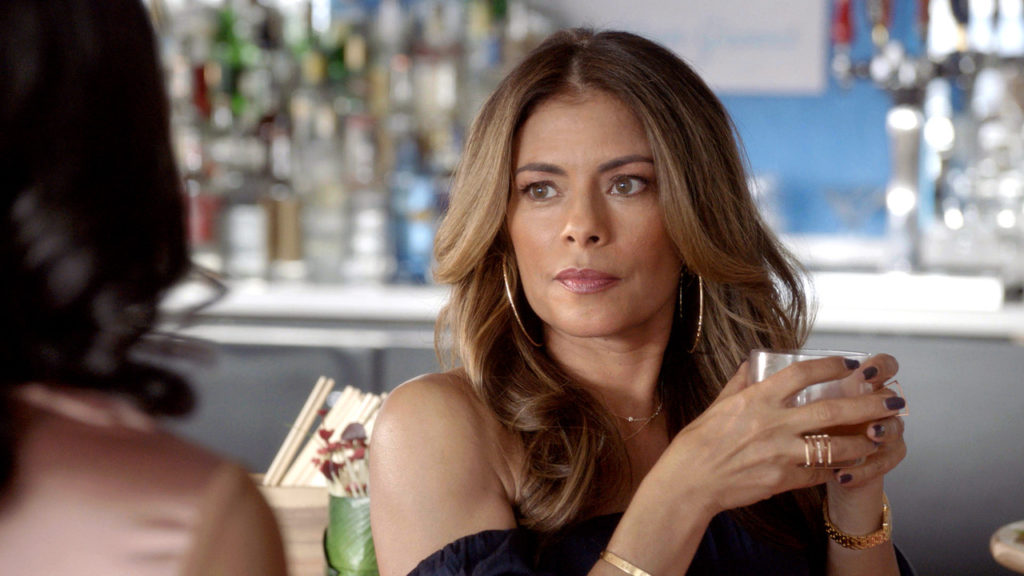
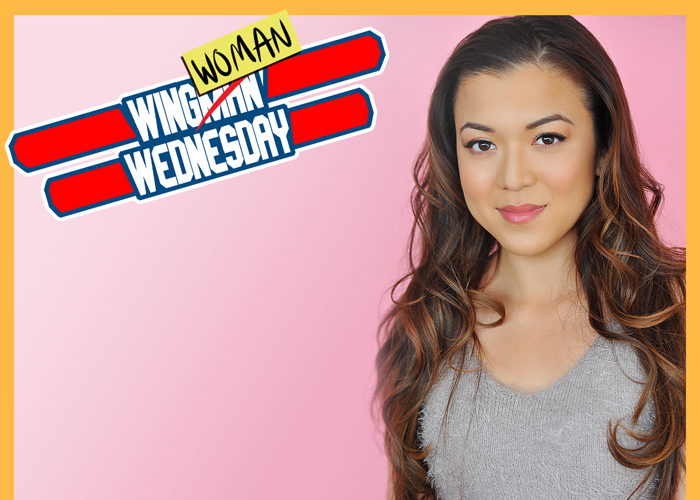
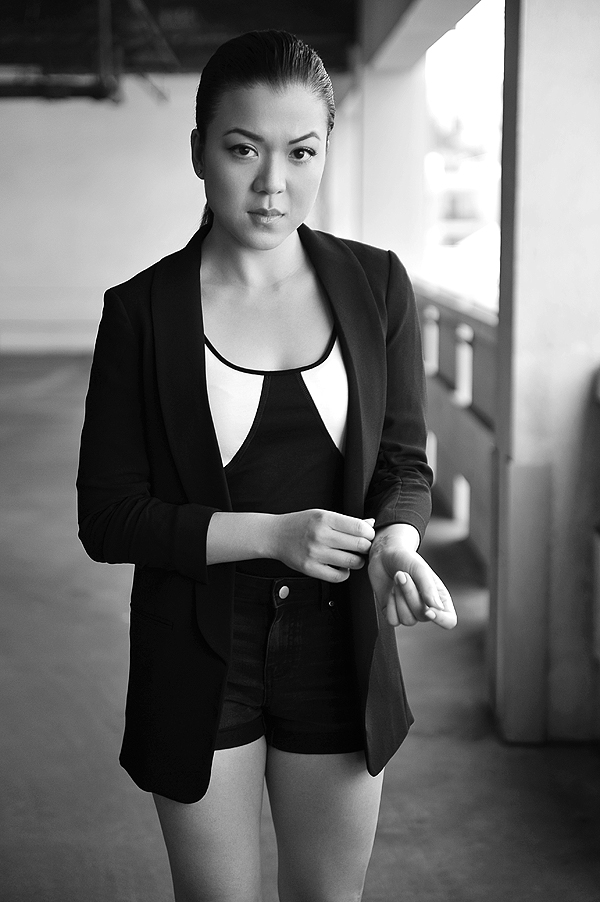
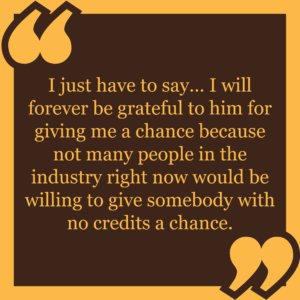 were putting together a new reel right now, you’d splice in there?
were putting together a new reel right now, you’d splice in there?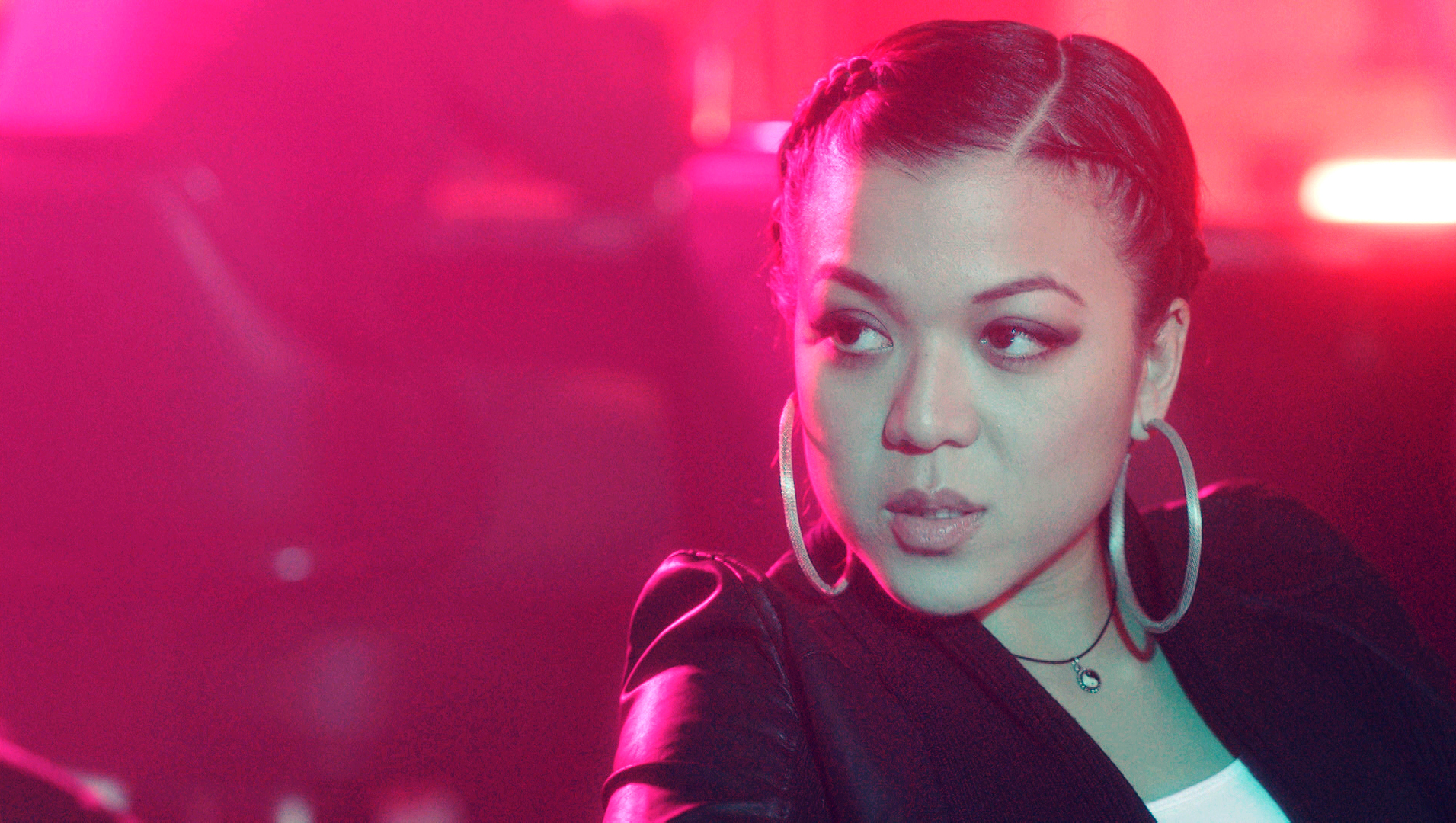
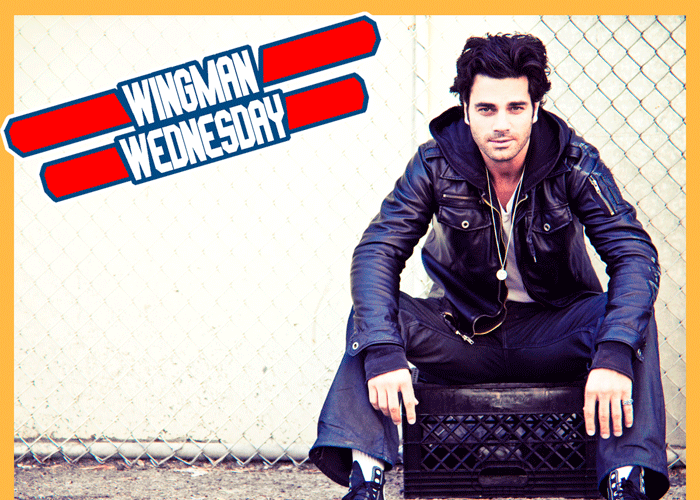
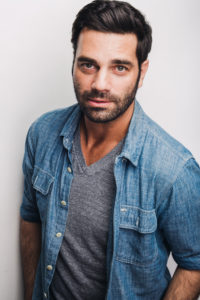
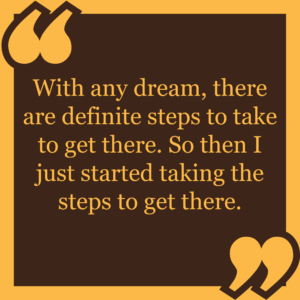 (Laughter)
(Laughter)